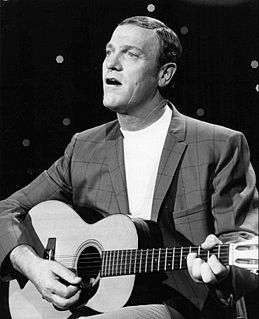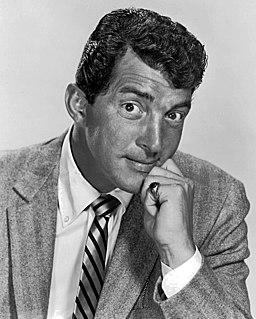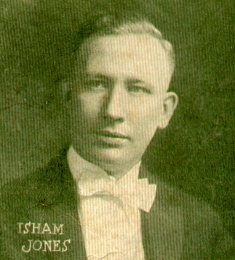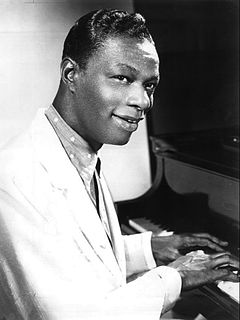"Somebody Loves You" is a popular song.
The music was written by Peter DeRose [1] [2] and the lyrics by Charlie Tobias. [3] The song was published in 1932.
Peter DeRose was a US Hall of Fame composer of jazz and pop music during the Tin Pan Alley era.
This is a list of notable events in music that took place in the year 1932.
One of the earliest recordings of the song was by Ted Lewis and his Band, recorded March 16, 1932 and released by Columbia under catalog number 2635-D. [4] A British cover version was issued by Bob and Alf Pearson.

Theodore Leopold Friedman, known as Ted Lewis, was an American entertainer, bandleader, singer, and musician. He fronted a band and touring stage show that presented a combination of jazz, comedy, and nostalgia that was a hit with the American public before and after World War II. He was known by the moniker "Mr. Entertainment" or Ted "Is Everybody Happy?" Lewis. Lewis died of lung failure in August 1971.

Columbia Records is an American record label owned by Sony Music Entertainment, a subsidiary of Sony Corporation of America, the North American division of Japanese conglomerate Sony. It was founded in 1887, evolving from the American Graphophone Company, the successor to the Volta Graphophone Company. Columbia is the oldest surviving brand name in the recorded sound business, and the second major company to produce records. From 1961 to 1990, Columbia recordings were released outside North America under the name CBS Records to avoid confusion with EMI's Columbia Graphophone Company. Columbia is one of Sony Music's four flagship record labels, alongside former longtime rival RCA Records, as well as Arista Records and Epic Records.
Bob and Alf Pearson were an English musical variety act, composed of brothers Robert Alexander 'Bob' Pearson and Alfred Vernon 'Alf' Pearson, who were mainly known for singing songs in close-harmony as a duo. Their career lasted over 50 years, spanning stage, radio, television and gramophone records.
The song is now a standard, recorded by many artists. Among the best-known versions were recordings by Eddy Arnold and Dean Martin.

Richard Edward "Eddy" Arnold was an American country music singer who performed for six decades. He was a Nashville sound innovator of the late 1950s, and scored 147 songs on the Billboard country music charts, second only to George Jones. He sold more than 85 million records. A member of the Grand Ole Opry and the Country Music Hall of Fame, Arnold ranked 22nd on Country Music Television's 2003 list of "The 40 Greatest Men of Country Music."

Dino Paul Crocetti, known famously as Dean Martin, was an American actor, comedian and singer. One of the most popular and enduring American entertainers of the mid-20th century, Martin was nicknamed "The King of Cool" for his seemingly effortless charisma and self-assurance.










